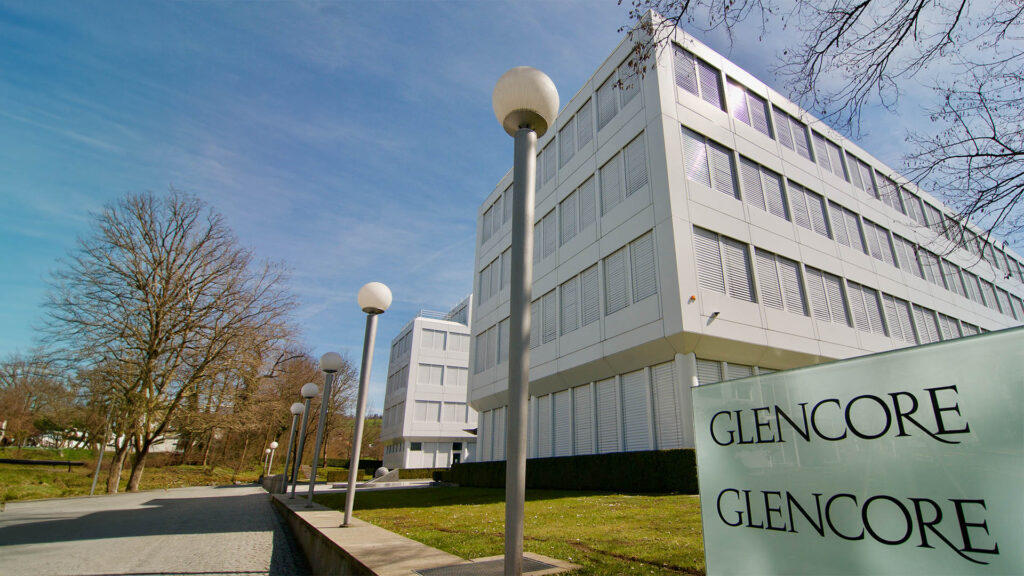So, will the fate of Anglo American’s revamp be effectively decided this week?
Glencore, the most likely suitor for Anglo’s Australian coking coal mines in Queensland, will explain its future coal strategy with its latest results on Thursday night Sydney time.
Glencore will signal its interest in further coal investment by revealing plans regarding a potential demerger of its coal and carbon steel materials business. This comes as the company faces growing shareholder pressure to retain its thermal and coking coal assets, much of which was acquired from Teck Resources a few months ago.
Glencore is consulting with shareholders to assess their views on the potential spin-off, which would include its existing coal business, primarily located in New South Wales and Queensland. However, if the market sell-off continues, all bets regarding Teck’s spin-off will be uncertain, and any ambitions for the Anglo mines will have to be postponed.
Investors see holding onto the assets as a way to exploit remaining coal profits, particularly thermal coal. However, Glencore has been clear that its interest in Teck’s coal mines in Western Canada stemmed from their steelmaking coals, not thermal.
Glencore faces a challenge with its debt incurred from the $6.93 billion Teck purchase.
In its announcement last year, Glencore stated its intention to reduce debt before spinning off the thermal and coking coal assets. This is “expected to occur within 24 months from close.”
“Glencore will manage its post-demerger balance sheet, post servicing its formulaic base cash distribution, to a revised US$5 billion net debt cap, down from the current level of c.US$10 billion, alongside our continued commitment to minimum strong BBB/Baa ratings.”
Glencore further stated its intention for the demerged company to “continue to oversee the responsible decline of its thermal coal operations in line with Glencore’s current targets and ambition to achieve net zero by 2050, with a supportive policy environment, and to adopt the climate transition strategy for the EVR business that will be developed and implemented pursuant to Glencore’s ICA commitments.”
Now, if shareholders want Glencore to retain and exploit the coal assets, they are presumably content with the company softening its debt reduction efforts, which have been a concern for some time.
With existing debt around $10 billion, would shareholders support another $4 to $5 billion bid for the Anglo mines?
Spinning off the coal assets and retaining a significant stake could allow Glencore to bid for the soon-to-market Anglo American coking coal mines in Central Queensland.
The spin-off could be structured to raise enough capital to finance the Anglo purchase while allowing for debt control over time, not immediately.
There are five mines owned by Anglo, but one – the Grosvenor underground operation – is out of commission after a fire on June 29th. Anglo has indicated that the Grosvenor mine will likely not be sold with the others, reducing the overall cost and tonnage (around 5 million tonnes per year).
Bringing the Grosvenor mine back online could cost upwards of a billion dollars, similar to the situation with Peabody’s nearby North Goonyella underground mine fire in 2018. North Goonyella isn’t expected to be fully operational until 2026, with full production not expected until then. The total cost for North Goonyella could exceed $2 billion when considering the millions of tonnes of lost coal sales over six years added to the estimated $800 million plus rebuild cost.

